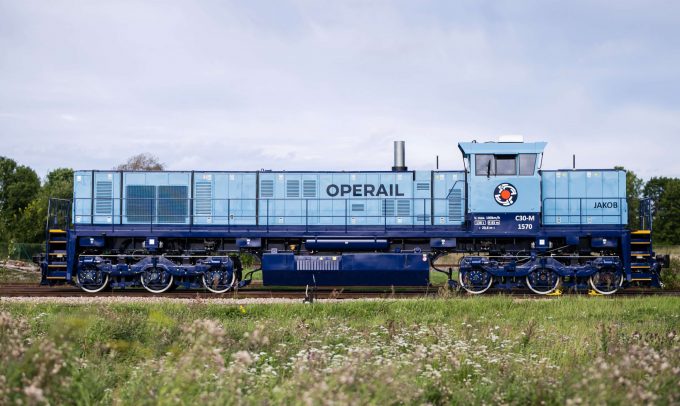MSC box ship hit by Russian missile in Odessa
A small MSC containership at the Ukrainian port of Odessa was hit by a Russian ...

Sanctions against Russia have almost obliterated Estonia’s state-owned rail freight operation, with Operail reporting volumes for the first six months down by 83%.
The collapse to just 1.1m tonnes has led it to consider privatisation, ebitda for the period having dropped to ...

Comment on this article